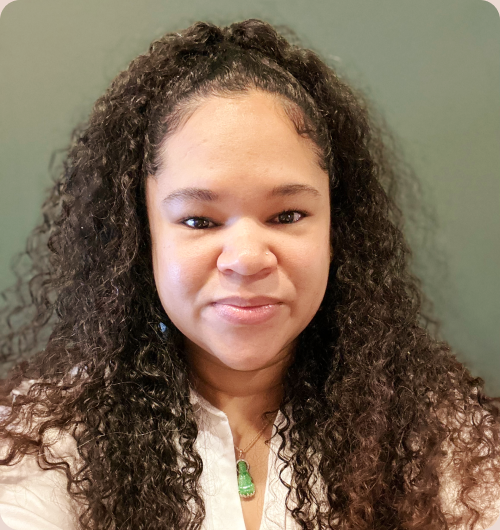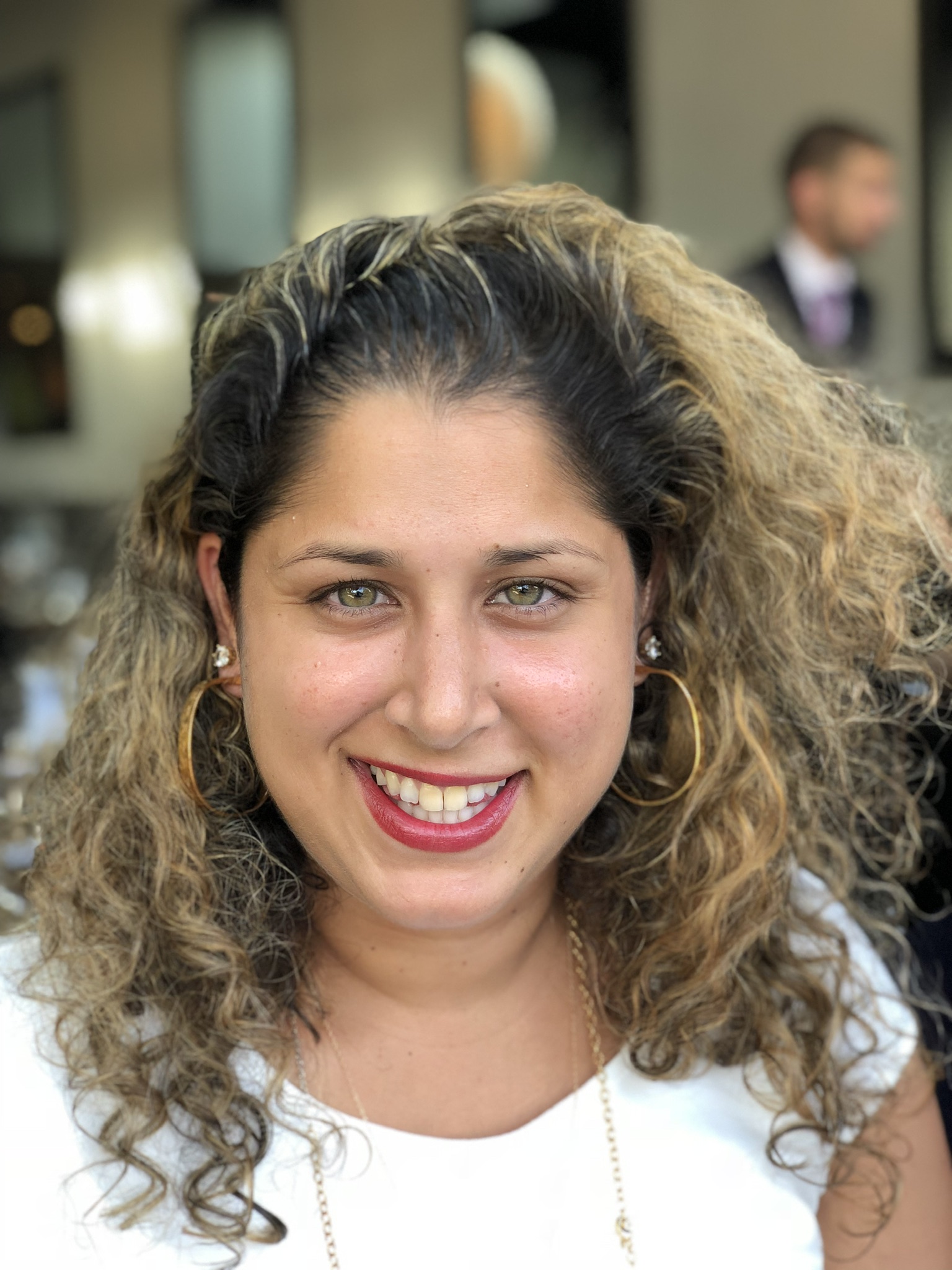


Egg Freezing San Francisco
Egg Freezing in San Francisco Bay Area: Taking Control of Your Future


San Francisco Bay Area’s Egg Freezing clinics provide a supportive and technologically advanced environment for those considering this option, allowing individuals to take control of their reproductive timeline.

San Francisco Bay Area Egg Freezing Clinics
Egg Freezing clinics in the San Francisco Bay Area offer state-of-the-art facilities and experienced fertility specialists to guide individuals through the Egg Freezing process.
Choosing the right San Francisco Bay Area Egg Freezing clinic is crucial, with many reputable fertility clinics available.
Factors to consider include the Egg Freezing costs in a San Francisco Bay Area clinic, the clinic’s experience with egg freezing, success rates, and patient support services.


Services Typically Covered in the San Francisco Bay Area Egg Freezing Fees
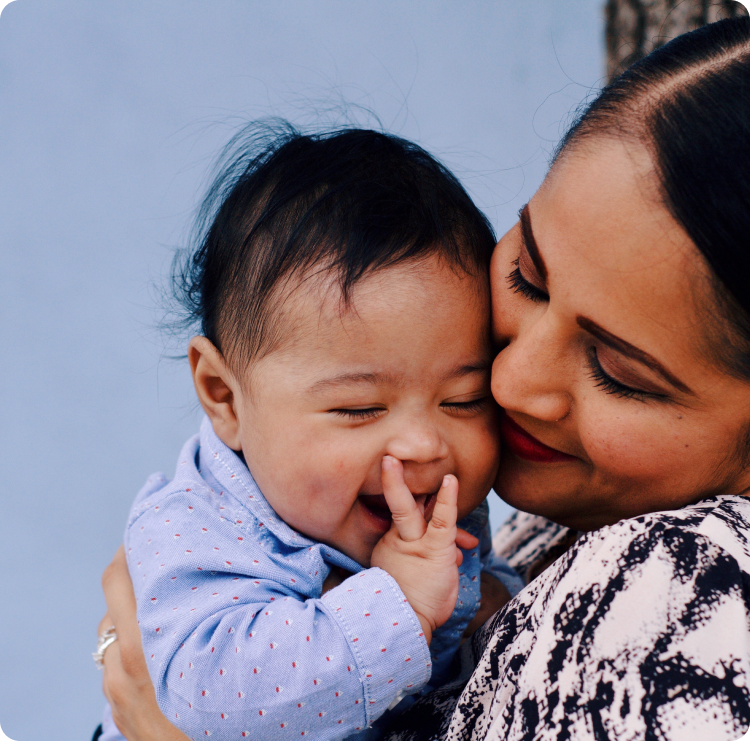
Included
- All in-cycle Clinic visits, physician ultrasound examinations, hormonal assays, and physician clinical monitoring necessary for ovarian stimulation
- Egg retrieval procedure, analgesia, and use of the procedure room
- Oocyte identification from follicular fluid
- Cryopreservation of all available eggs
Please note that the treatment fee does not cover medications (charged by a pharmacy), pre-treatment screening evaluation, and laboratory testing required by the State of California.



Egg Freezing Cost in the San Francisco Bay Area
The average cost of Egg Freezing in San Francisco is comparable with Egg Freezing costs in other San Francisco Bay Area Egg Freezing clinics.

At Bay IVF, we understand that fertility treatments represent a significant investment toward your family’s future.
As part of our commitment to you, we are dedicated to providing pricing transparency.
Egg Freezing Process in the San Francisco Bay Area
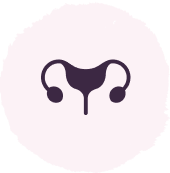
1 — Ovarian stimulation
Your treatment is always individualized to maximize the probability of a successful outcome. You will receive your personalized ovarian stimulation calendar

2 — Egg retrieval procedure
The egg retrieval procedure is performed at our Clinic. The procedure only takes a few minutes, and we use very comfortable conscious sedation for analgesia

4 —Egg storage in liquid nitrogen
Following cryopreservation, the eggs are transferred to a liquid nitrogen storage chamber in our Clinic. Theoretically, there is no limit on the length of storage

3 — Egg cryopreservation
All available eggs are cryopreserved


Prerequisites for Egg Freezing in the San Francisco Bay Area
Only a few Egg Freezing treatment prerequisites are needed before the start of your treatment. They assess the egg quality.
Your age
The probability of a successful Egg Freezing treatment becomes exceedingly low by age 44. You must be 43 and 11 months or younger when your Egg Freezing treatment begins. The Egg Freezing treatment is most effective for women younger than 35.
Your weight
Your BMI must be no greater than 31 for an adequate ovarian response and safety during the egg retrieval procedure. If your BMI is higher, please follow the IVF Diet and Lifestyle (PDF) recommendations as closely as possible.
Pathogen testing
This testing is required by the State of California. You must be tested for Hepatitis B-Surface Antigen, Hepatitis C-Antibody, HIV I&II, and RPR.
Ovarian Reserve Assay (ORA)
ORA assesses the likelihood of producing normal-quality eggs. It involves measuring Follicle Stimulating Hormone (FSH), estradiol (estrogen, E2), and Anti-Mullerian Hormone (AMH) blood levels.
These test results are used to optimize ovarian stimulation.
Antral follicle count
The number of antral follicles (small fluid-filled sacs within the ovaries seen on ultrasound) in unstimulated ovaries is related to the quality of the eggs. Ideally, there should be approximately 20 antral follicles in both ovaries combined.
Genetic testing (optional)
All future parents should consider genetic screening for hundreds of the most common genetic diseases. Please inform us during your initial appointment at Bay IVF if you would like to have your blood sample sent for genetic screening.
IVF diet and lifestyle
Environmental factors have a significant impact on reproductive health. Please review the IVF Diet and Lifestyle document (PDF) for a comprehensive list of environmental reproductive health recommendations and a source for dietary supplements.


Understanding the Cost of Egg Freezing in the San Francisco Bay Area
In the San Francisco Bay Area, where the cost of living is high, understanding the cost associated with this procedure is essential for those considering it.
Egg freezing cost in the San Francisco Bay Area
The cost of egg freezing in the San Francisco Bay Area can vary widely depending on several factors, including the clinic, the medical team’s expertise, and any additional services included in the package. On average, the cost of a single Egg Freezing cycle in the San Francisco Bay Area ranges from $7,000 to $15,000.
Medication cost
The cost of ovarian stimulation medication can range from $1,500 to $5,000 per cycle of Egg Freezing treatment in the San Francisco Bay Area.
Cost of frozen eggs storage in the San Francisco Bay Area
There is an annual storage fee for storing frozen eggs. This cost can range from $500 to $1,000+ annually in the San Francisco Bay Area.
Cost of pre-cycle testing in the San Francisco Bay Area
Before starting the Egg Freezing process, women may need to undergo various tests to assess their ovarian reserve and overall reproductive health. These tests can cost several hundred dollars.
Cost of the future use of frozen eggs in the San Francisco Bay Area
If a woman decides to use her frozen eggs in the future for In Vitro Fertilization, there will be additional costs associated with the IVF procedure. These costs can range between $12,000 and $25,000 in the San Francisco Bay Area.
Insurance coverage
It is important to note that many insurance plans do not cover the cost of Egg Freezing, considering it an elective procedure. However, some San Francisco Bay Area clinics offer financing options or payment plans to help make the procedure’s cost more affordable.



Single Mother Families
and LGBTQ+
We are proud to be the fertility clinic providing IVF for single mothers and LGBTQ+


FAQ — Find Answers to Your Queries
Here are some of the most commonly asked fertility-related questions. A more comprehensive FAQ selection is available on the FAQ page.
Should we transfer one or two embryos?
About half of our patients transfer two embryos at a time, while the other half choose to transfer only one embryo in each transfer. We will always provide guidance, but you will have the final say in whether to transfer one or two embryos.
What is gender selection treatment?
Gender selection is an extension of IVF treatment that utilizes the Pre-implantation Genetic Testing (PGT) procedure to identify the gender of each embryo. With this method, prospective parents can know the gender of each embryo with 100% accuracy prior to transfer into the uterus.
I am from the LGBTQ+ community. Can I have my treatment at Bay IVF?
Yes! We take pride in being one of the first fertility clinics in Northern California to offer In Vitro Fertilization services for lesbian partners. Our clinic is LGBTQ+ friendly and experienced in both lesbian IVF and Reciprocal IVF.
Is the egg retrieval procedure painful?
Your egg retrieval should be a very comfortable experience, as we use effective pain and relaxation medications. Most patients will sleep through the 5-10 minute egg retrieval procedure, though some may experience mild menstrual-like cramping.
What is the IVF cut-off age?
The probability of a successful IVF treatment becomes exceedingly low by age 44. You must be 43 and 11 months or younger at the time your IVF treatment begins. Patients who are 44 and older should strongly consider Donor Egg IVF as the most effective treatment option to achieve a successful pregnancy.
I am over 44, but my ovarian reserve is very good. Can I do IVF treatment?
We have occasionally provided IVF treatment to women over the age of 44 when their antral follicle count and AMH results suggest that their eggs are biologically younger than their chronological age.
What are the BMI requirements?
Your BMI must be no greater than 31 for an adequate ovarian response and safety during the egg retrieval procedure. If your BMI is higher, please follow the IVF Diet and Lifestyle (PDF) recommendations as closely as possible. Doing so can help you achieve weight loss at an optimal rate, which could significantly improve your chances of a successful pregnancy.
Do you offer payment plans?
Our IVF Duo and IVF Trio Financial Plans can provide substantial savings compared with single-cycle IVF fees. Two- and three-cycle financial plans for Egg Freezing are also available.
Bay IVF has partnered with Future Family to offer accessible, personal, and affordable fertility care financing. Their mission is to make fertility care more accessible and affordable. Future Family loans are an alternative to high-interest credit cards and dipping into your savings. They offer 0% APR financing for those who are eligible, as well as low monthly payment plans. Prequalifying is risk-free, easy, and will not affect your credit score.

We look forward to meeting you at Bay IVF and, when your treatment is successful, celebrating your new pregnancy!
Meet Your Doctor

- Dr. Polansky received his medical diploma from Charles University in Prague, the Czech Republic, in 1978.
- After completing his OB/GYN residency at Jewish Hospital in Saint Louis, MO, he graduated from the Reproductive Endocrinology and Infertility (REI) fellowship at Stanford University in 1985.
- In the same year, he co-founded the Stanford IVF Clinic.
- Dr. Polansky obtained board certification in Obstetrics and Gynecology in 1986 and became REI subspecialty board certified in 1988.
- In 1987, he left Stanford University and established Nova IVF.
- In 2011, he founded Bay IVF, where he provides advanced fertility treatments with a holistic approach, utilizing state-of-the-art techniques.
- Dr. Polansky personally performs ultrasound examinations, egg retrievals, embryo transfers, and ovarian and endometrial stimulations for his patients.
- He is deeply committed to his patients and is always ready to lend a helping hand.
Frank Polansky, M.D.



Initial Appointment Questions
When you call to schedule your consultation, one of our Front Office Coordinators will ask you a short series of questions regarding your reproductive history.
Your Initial Visit at Bay IVF
Attending a new patient appointment at a fertility clinic can be stressful. Our primary objective is to ensure that your initial visit is friendly and relaxing. We encourage you to ask questions at every step of the process.

1 — When You Arrive
You will be welcomed by one of the clinic receptionists. One of our nurses will measure your height and weight and take your blood pressure

2 — Meet Your Doctor
Dr. Polansky will ask you a series of clarifying questions and then provide you with a summary of the factors contributing to your infertility
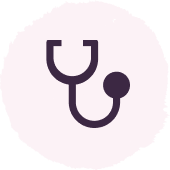
4 — Exam Room
One of the nurses will escort you to an examination room. Your examination will begin with listening to your lungs and heart

3 — Ask Your Questions
You will then have a discussion with him about the most suitable reproductive treatment(s) for you. During this time, you will have the opportunity to ask any questions you may have

5 — Ultrasound of the Ovaries
The next step is a pelvic ultrasound to examine the uterus and ovaries. This ultrasound will help determine the number of antral follicles present within the ovaries

6 — Financial Part
Following that, you will have a discussion with one of the financial advisors regarding the financial aspects of your treatment, including potential treatment financing options

8 — Support 24/7
If you have any questions after leaving the clinic, please feel free to reach out to us via phone call, text, or email. Open and discreet communication is an integral part of the care we provide at Bay IVF

7 — What About Time?
Your entire visit is expected to last approximately one hour


Schedule Your Initial Consultation With Dr. Polansky
Online (No Cost) or In-Person
Call or Text Us: 650-322-0500
You can also complete the form below to request your initial consultation


We look forward to meeting you at Bay IVF and, when your treatment is successful, celebrating your new pregnancy!





